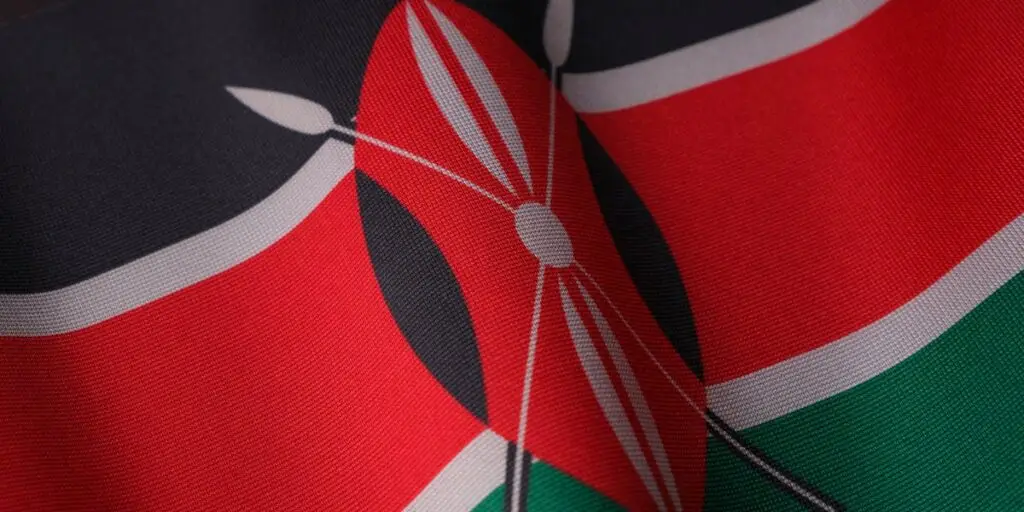Introduction
The rise of African nationalism and the struggle for independence from colonial rule were among the most defining moments in Africa’s modern history. For centuries, European powers controlled African territories, exploiting their resources, labor, and land. However, by the mid-20th century, African nations began to resist colonial rule, leading to the independence movements that reshaped the continent. The push for nationalism was fueled by economic hardships, racial discrimination, political repression, and global events like World War II.
This essay examines the key factors behind the rise of African nationalism, the methods used by independence movements, and the impact of decolonization on Africa.
—
1. Causes of African Nationalism and the Independence Movement
A. Colonial Exploitation and Oppression
– European colonial powers imposed harsh economic policies that benefited the colonial rulers while exploiting African resources.
– Africans faced land dispossession, forced labor, high taxes, and racial discrimination.
– Example: In Kenya, the British took over fertile lands, leaving Africans in poverty and poor living conditions.
B. Role of World War II (1939–1945)
– Thousands of Africans fought in the war alongside European forces, but they were still treated as inferior after the war.
– The war weakened European economies, making it harder for colonial powers to control African territories.
– New ideas about self-rule and independence spread as African soldiers returned home with greater political awareness.
C. Growth of Political Movements and Pan-Africanism
– African leaders and intellectuals began demanding self-determination and political rights.
– The Pan-African Movement, led by figures like Kwame Nkrumah and W.E.B. Du Bois, encouraged Africans to unite against colonial rule.
– Political parties and trade unions became important platforms for demanding independence.
D. Influence of Global Anti-Colonial Movements
– India’s independence from Britain (1947) inspired African leaders to fight for freedom.
– The United Nations (UN) promoted decolonization, pressuring European countries to grant independence.
—
2. Strategies Used in the Independence Movements
African countries used different methods to fight for independence, depending on the level of European resistance.
A. Peaceful Negotiations and Political Reforms
– Some African nations gained independence through peaceful negotiations with colonial rulers.
– Example: Ghana (1957) became the first sub-Saharan African country to gain independence peacefully under Kwame Nkrumah.
– Countries like Nigeria, Tanzania, and Uganda also achieved independence through political agreements.
B. Armed Struggles and Revolutions
– In some regions, European settlers refused to give up power, leading to violent independence wars.
– Example:
– Kenya’s Mau Mau Rebellion (1952–1960) fought against British colonial rule.
– Algerian War of Independence (1954–1962) led to France withdrawing after years of bloody conflict.
– Angola, Mozambique, and Zimbabwe also had long armed struggles for independence.
C. Mass Protests and Civil Disobedience
– African nationalists organized protests, strikes, and boycotts to challenge colonial governments.
– Example: In South Africa, the African National Congress (ANC) led resistance against apartheid.
—
3. Achievements and Impact of Independence Movements
A. Political Liberation and Self-Governance
– Between 1950 and 1975, most African nations gained independence from European rule.
– New African governments were formed, led by nationalist leaders such as:
– Kwame Nkrumah (Ghana)
– Jomo Kenyatta (Kenya)
– Julius Nyerere (Tanzania)
B. Economic and Social Challenges
– Many newly independent nations struggled with poverty, underdevelopment, and weak economies.
– Colonial powers had left poor infrastructure, dependence on raw material exports, and a lack of industrialization.
C. Continued European Influence (Neocolonialism)
– Even after independence, European countries continued to control African economies through trade, investments, and political interference.
– Many African countries remained dependent on Western aid and multinational corporations.
—
Conclusion
The rise of African nationalism and the independence movement was driven by colonial oppression, World War II, Pan-Africanism, and global anti-colonial movements. While most African nations achieved freedom between the 1950s and 1970s, they faced economic and political challenges after independence. The legacy of colonial rule still affects Africa today, but the struggle for true sovereignty and self-reliance continues.
—
For More Political Science Assignment Questions, Visit:
For more political science assignment questions visit
To search other questions, visit
To see the assignment questions, visit%20Assignment.pdf)

